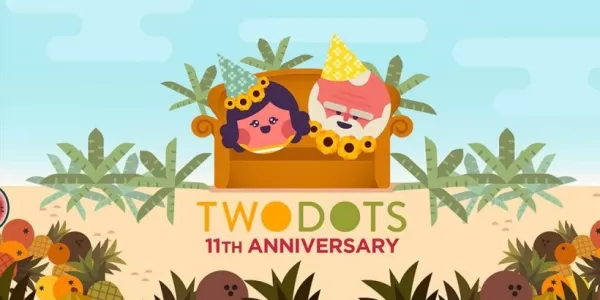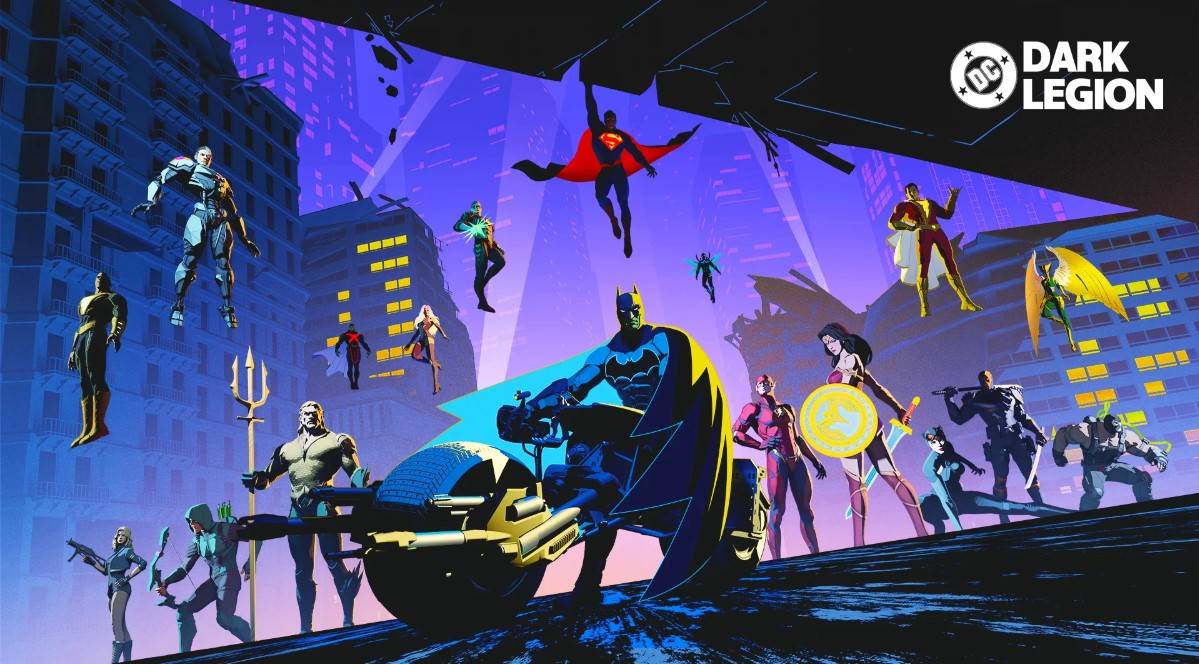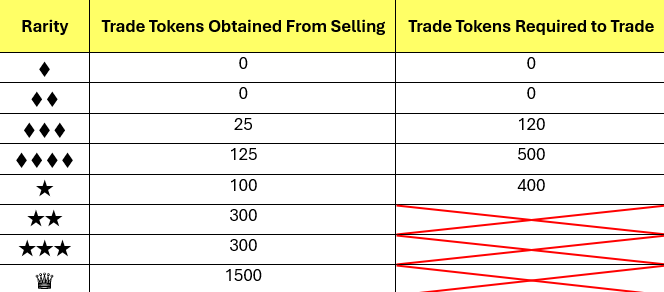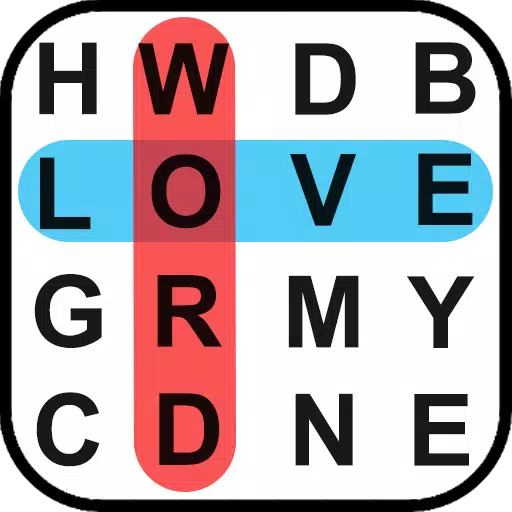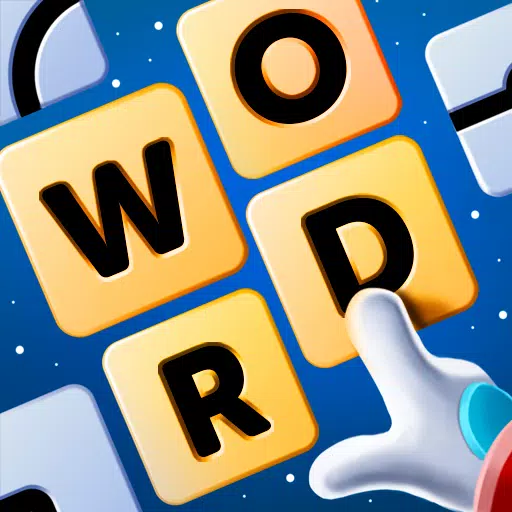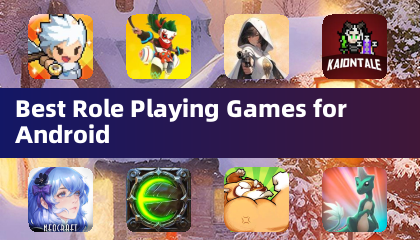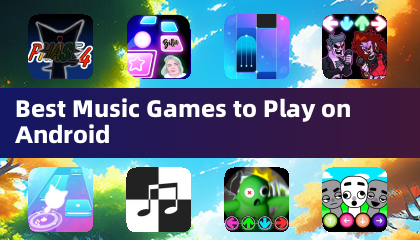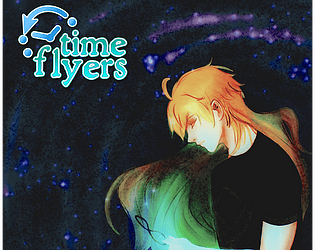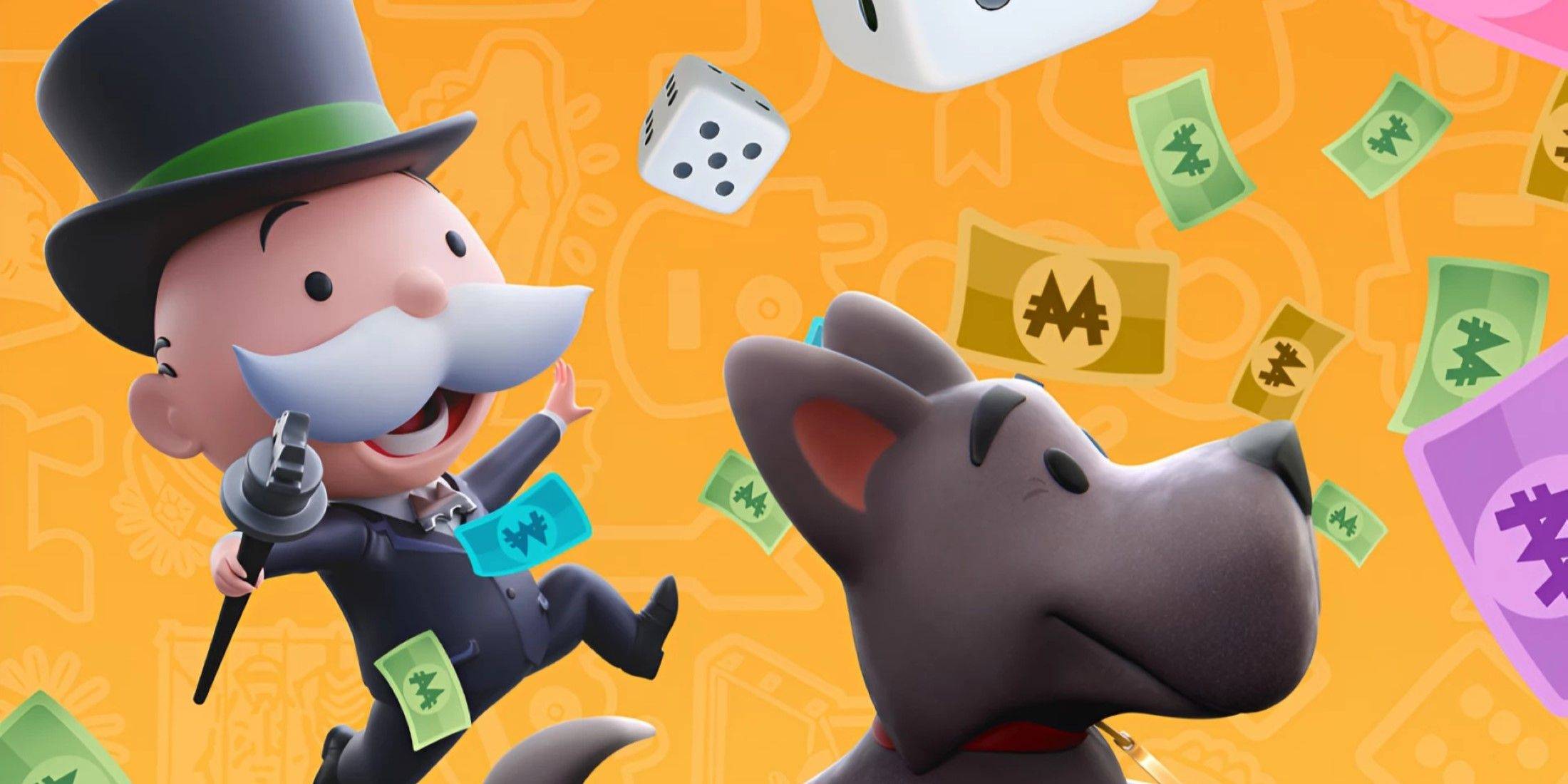
Monopoly GO's Microtransactions: A $25,000 Cautionary Tale
A recent incident highlights the potential financial pitfalls of in-app purchases, with a 17-year-old reportedly spending a staggering $25,000 on the mobile game Monopoly GO. This case underscores the ongoing debate surrounding microtransactions and their impact on players.
While Monopoly GO is free to download, its reliance on microtransactions for progression has led many users to unknowingly spend significant sums. This isn't an isolated incident; one user reported spending $1,000 before deleting the app. However, the $25,000 spent by the teenager dwarfs previous reports, highlighting the game's potentially addictive nature.
A Reddit post (since removed) detailed the situation, revealing 368 in-app purchases made by the teenager. Unfortunately, the game's terms of service likely hold the user responsible for these purchases, even if unintentional. This mirrors practices in other freemium games, such as Pokemon TCG Pocket, which generated $208 million in its first month through microtransactions.
The Controversy Continues
This Monopoly GO incident is far from unique. In-game microtransactions have faced considerable criticism, with lawsuits against companies like Take-Two Interactive (over NBA 2K) illustrating the widespread concern. While legal action is unlikely in this specific case, it reinforces the ongoing debate about the ethical implications of these monetization strategies.
The profitability of microtransactions is undeniable; Diablo 4, for example, saw over $150 million in microtransaction revenue. The model's effectiveness lies in its ability to encourage small, frequent purchases rather than larger, one-time investments. However, this very characteristic also contributes to its controversial nature, often leading to significantly higher spending than initially intended.
The Reddit user's experience serves as a stark warning. Recovering the $25,000 may prove impossible. The story underscores the ease with which substantial sums can be spent in games like Monopoly GO, urging players to exercise caution and awareness when engaging with in-app purchases.



